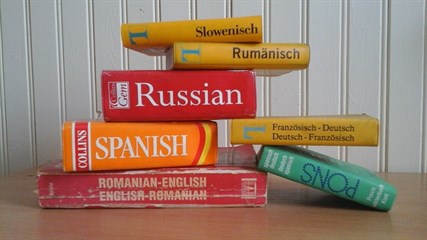Why We Need Human Translators
Technology is advancing at an unprecedented pace. Recently, Panasonic introduced a megaphone capable of automatically translating Japanese into English, Chinese and Korean. Microsoft has a translation app, which can translate conversations into multiple languages. It makes people wonder if technology can do it all, why do we still need human translators?

Language is Culturally Specific
Language is very culturally specific. Machine translation is able to offer word-for-word translations, but it is unable to understand the nuances of different cultures and how that affects language. For example, things like slang, direct or indirect communication and non-verbal cues can have an impact on which words people use to interact and converse. Only people who have a deep understanding of a particular culture have the ability to navigate the nuances and cultural implications of the associated languages.
A very simple example of this are the words pop and soda. In the U.S., we understand that both words refer to a carbonated soft drink, but different areas of the country typically call it one or the other. Generally speaking, soda is the term on the Northeastern coast and pop is the word in the Midwest to West coast. Furthermore, many people in Southern states refer to all soft drinks as Coke.
It is crucial to take cultural factors into consideration when translating, something an algorithm cannot do, at least not yet.
Languages Are Complex
Languages have different styles, tones and grammar. Technology might be able to understand what each word literally means, but it will not be able to comprehend the deeper meaning that words have. Human translators can communicate love, joy, desperation, sadness and any other feelings that are being expressed by addressing things like context, tone and inflection.
Each piece of content requires a different tone to tell its story. Speeches are typically formal, informative and can be serious. In contrast, poems can be more playful and abstract and have very imaginative and descriptive words. Judgement is needed in order to determine which style to use for translation.
Words Have Multiple Meanings
Words can have many meanings or change meanings, which can make literal translation problematic. Twenty years ago, the words “uber” and “twitter” made you think of something entirely different than they do now. The term “black sheep” when used to describe someone, does not literally mean a sheep whose color is black and the word “bark” can refer to a tree or a dog.
Summary
No matter how advanced technology becomes, it should not replace human translators. Translation is not about matching the words from one language to another, translation is about communication. Machines can provide text that can be understood, but only humans can produce text that can express emotion and meaning and is not only linguistically correct, but is also culturally appropriate.
